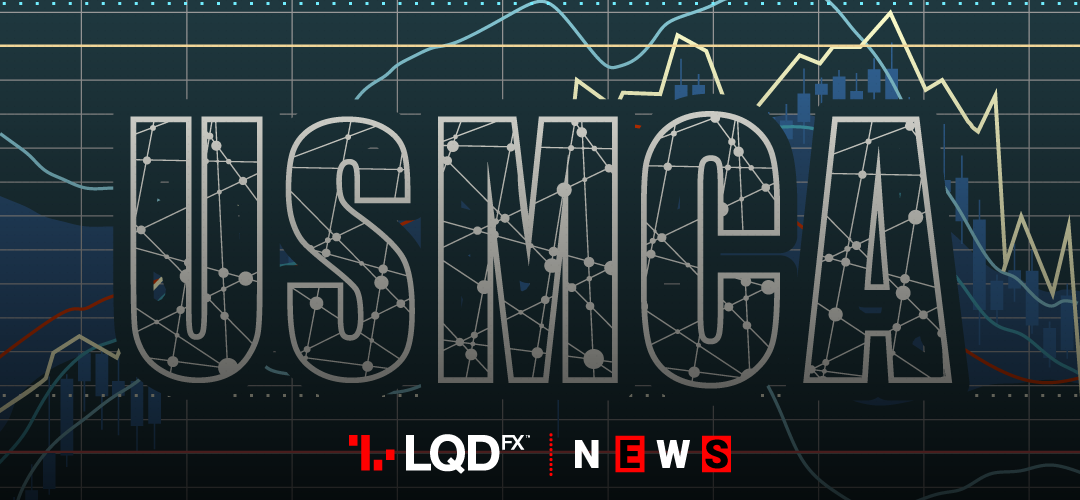USMCA is the new trade deal reached by the USA and Canada, replacing the outdated NAFTA. USMCA will constitute a single agreement with the bilateral agreement between Mexico and the USA held in August.
President Trump announced the new deal through a series of tweets:
Late last night, our deadline, we reached a wonderful new Trade Deal with Canada, to be added into the deal already reached with Mexico. The new name will be The United States Mexico Canada Agreement, or USMCA. It is a great deal for all three countries, solves the many……
— Donald J. Trump (@realDonaldTrump) October 1, 2018
….deficiencies and mistakes in NAFTA, greatly opens markets to our Farmers and Manufacturers, reduces Trade Barriers to the U.S. and will bring all three Great Nations together in competition with the rest of the world. The USMCA is a historic transaction!
— Donald J. Trump (@realDonaldTrump) October 1, 2018
Congratulations to Mexico and Canada!
— Donald J. Trump (@realDonaldTrump) October 1, 2018
Following a lot of “bargaining, negotiators have “missed” several deadlines since the talks started in August 2017. So, it was kind of surprise that hours before the expiry of a new deadline, the two government reached an agreement.
Trump praised the agreement as a “historic transaction” for all three countries and a win for US farmers, manufacturers and workers.
President Trump characterized the 24-year-old agreement as “the worst deal” ever made while he had campaigned promising to “fix” it. At the other extreme he welcomed USMCA describing it as the “the most important” the US had ever made.
The Canadian Prime Minister welcomed the pact as well, although Canada made some hard compromises, he said.
Forex Market – USMCA is the new NAFTA
The Dollar climbed 0.4% to a 6-week peak, while it dropped 0.2% against the Yen.
USMCA boosted traders’ appetite for risk, sending the Yen to an 11-month low.
The Euro dropped to a 1 ½ month low following “Italexit” comments. A senior Italian lawmaker talked about the benefits of readopting a national currency and market reaction was immediate. The single currency dropped approximately 1% against Yen and about 0.6% against Swiss franc.
The Australian Dollar slid 0.9% as markets were shaken following Euro zone concerns.
The Canadian Dollar dropped 0.2% following the new trade deal between Canada and the USA.
The Sterling slid 0.7% amid new and ongoing Brexit conflicts and the respective concerns.
Oil prices remained at a 4-year high reached in the previous session. Brent crude futures dropped by 48 cents a barrel, still above 80$ per barrel. U.S. crude futures gained 3 cents from their last close.
Gold prices rose 0.4%, an unusual rise as the greenback is strong, as gold’s low price is appealing to gold buyers and, therefore, the demand is high.
Sources: Reuters, CNN money, BBC
PLEASE NOTE The information above is not investment advice.
